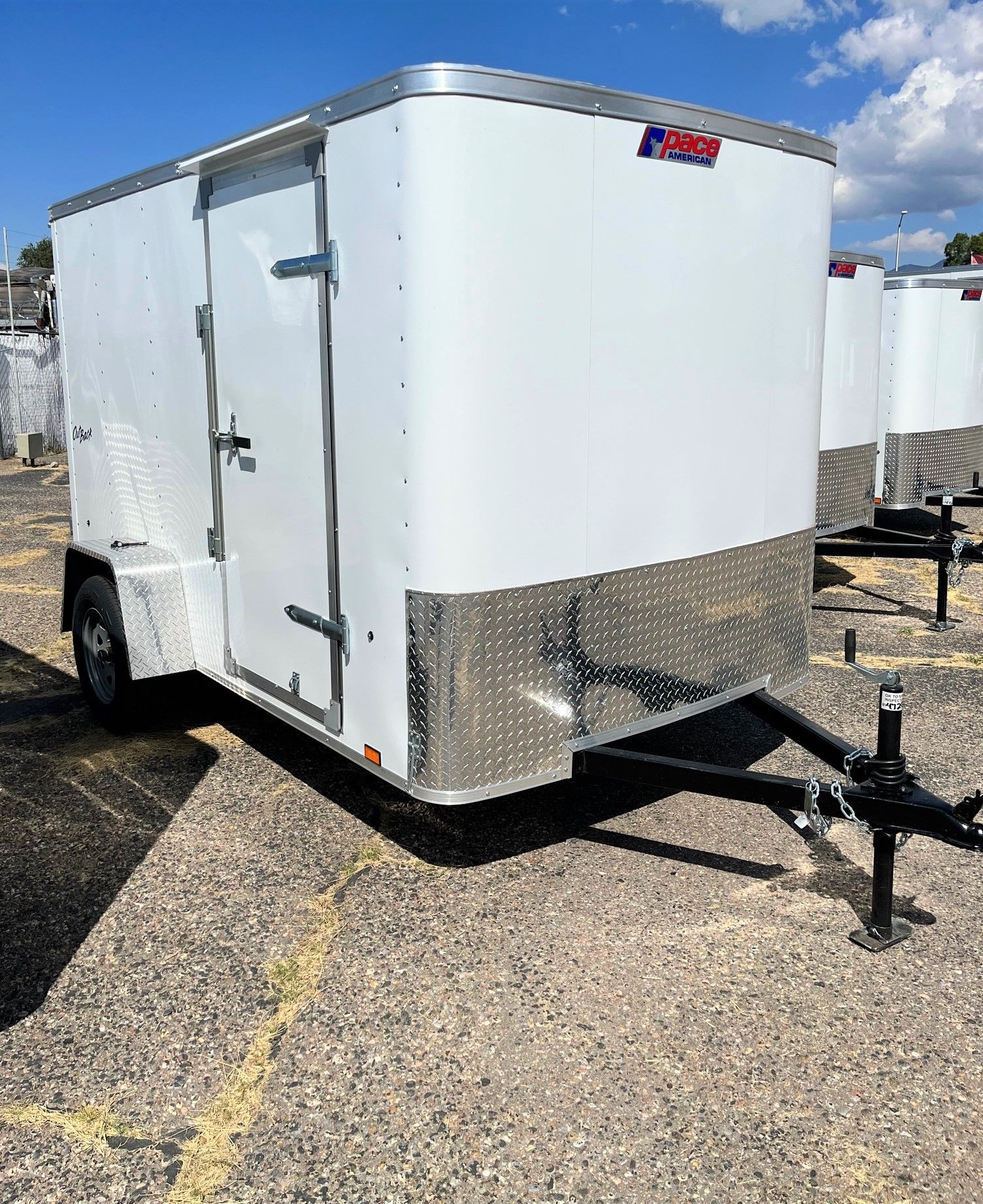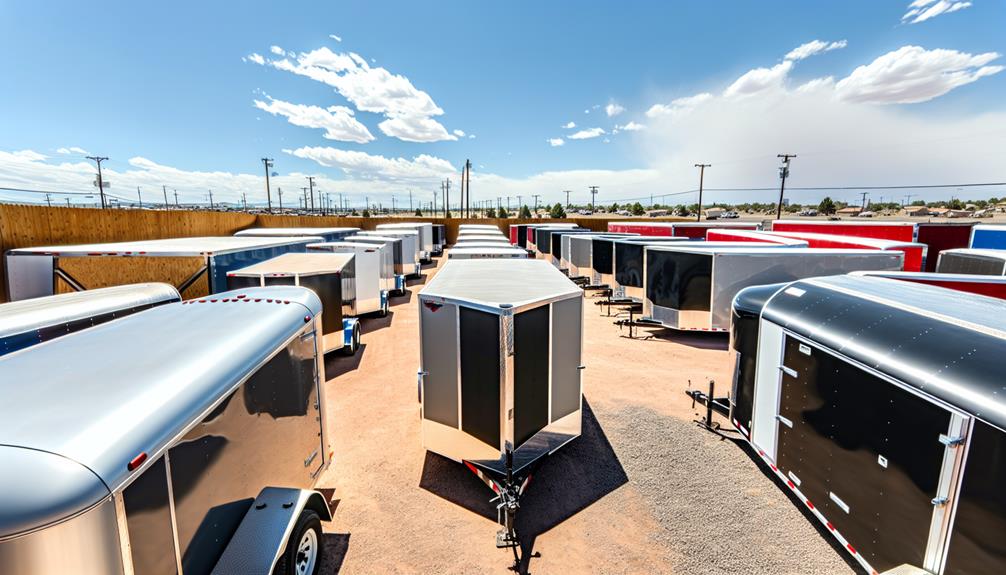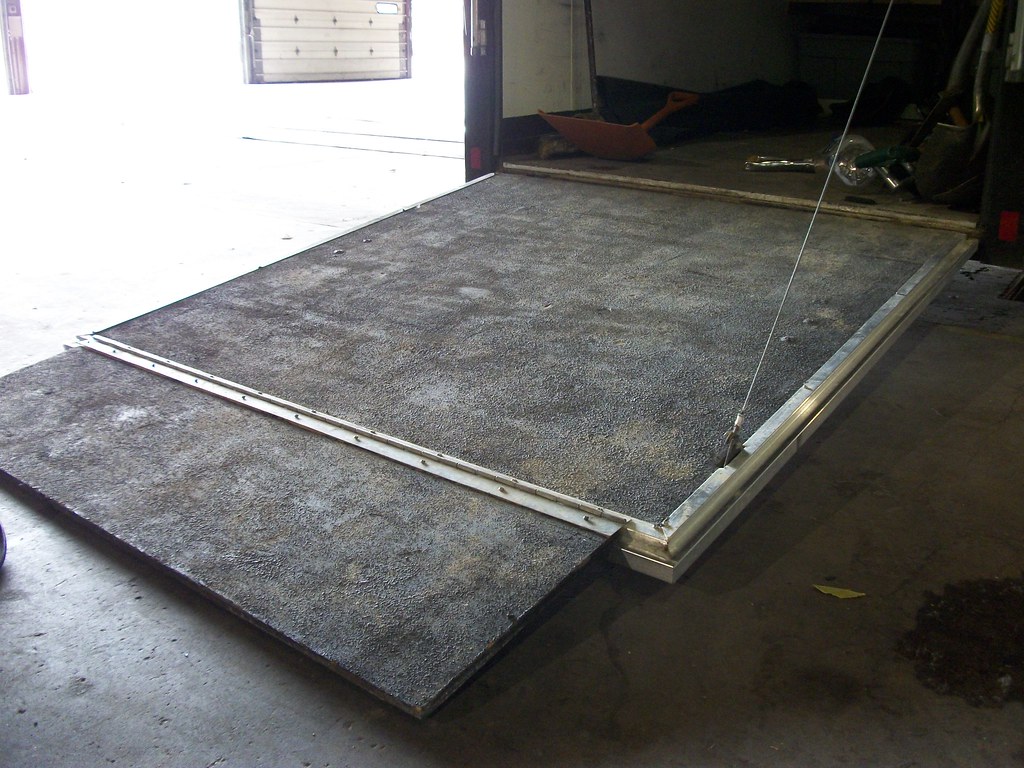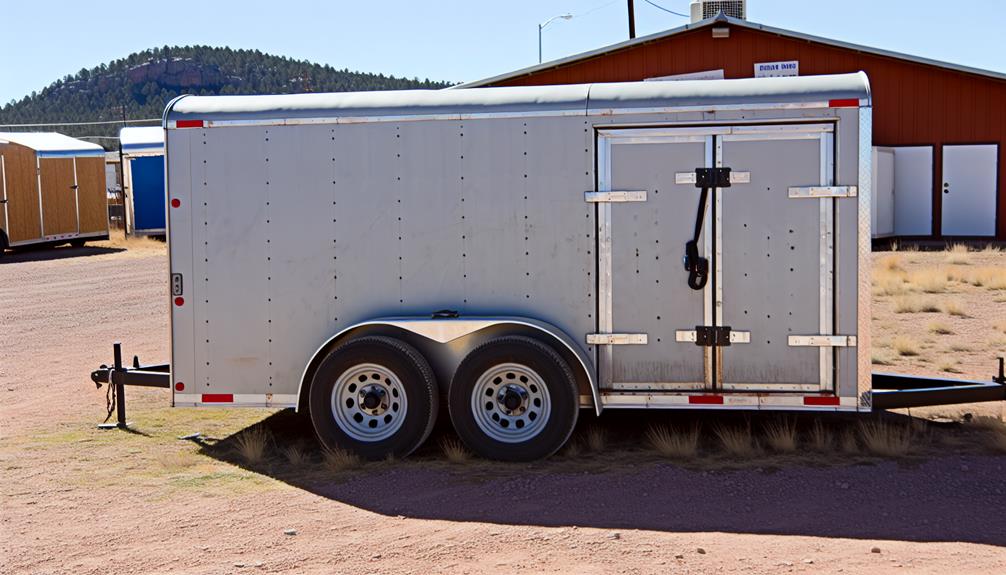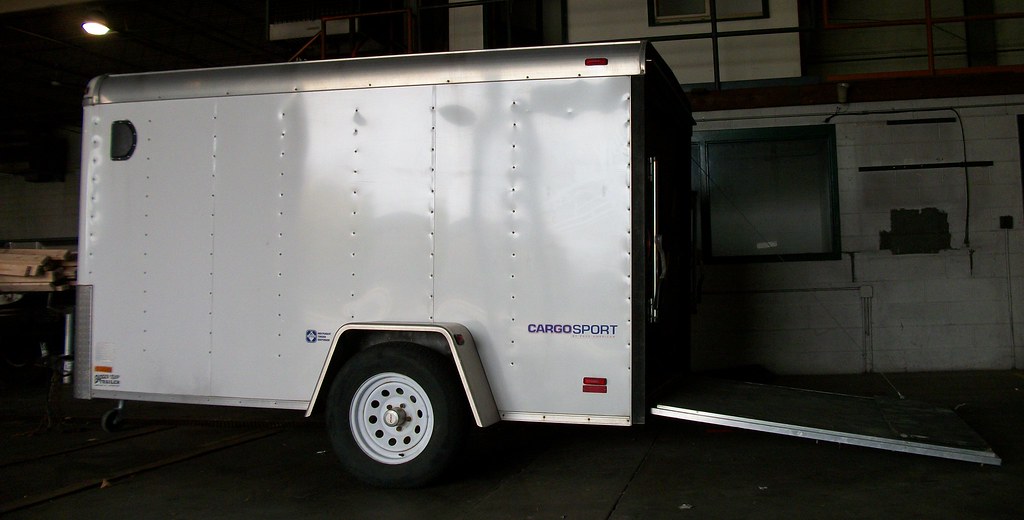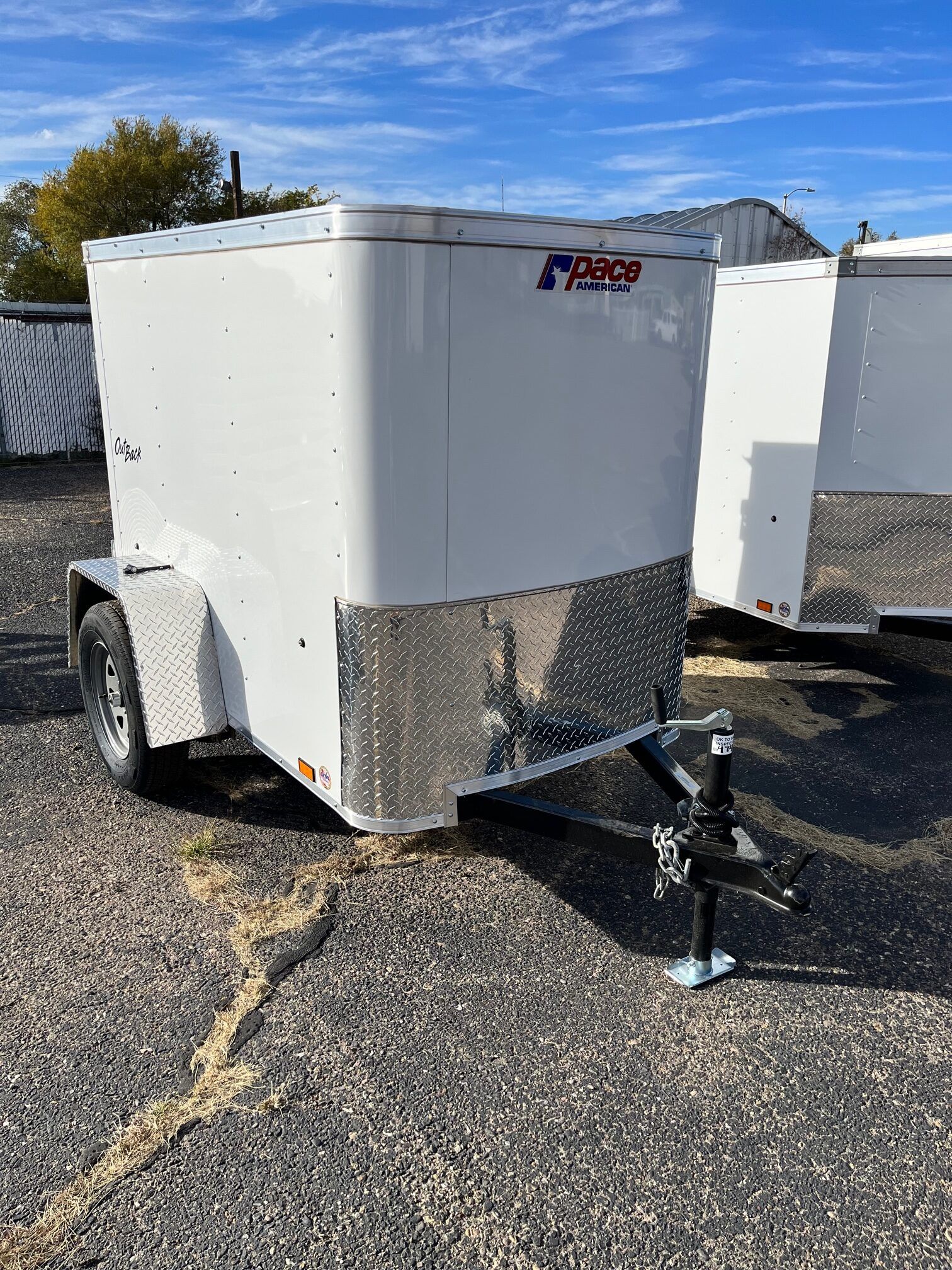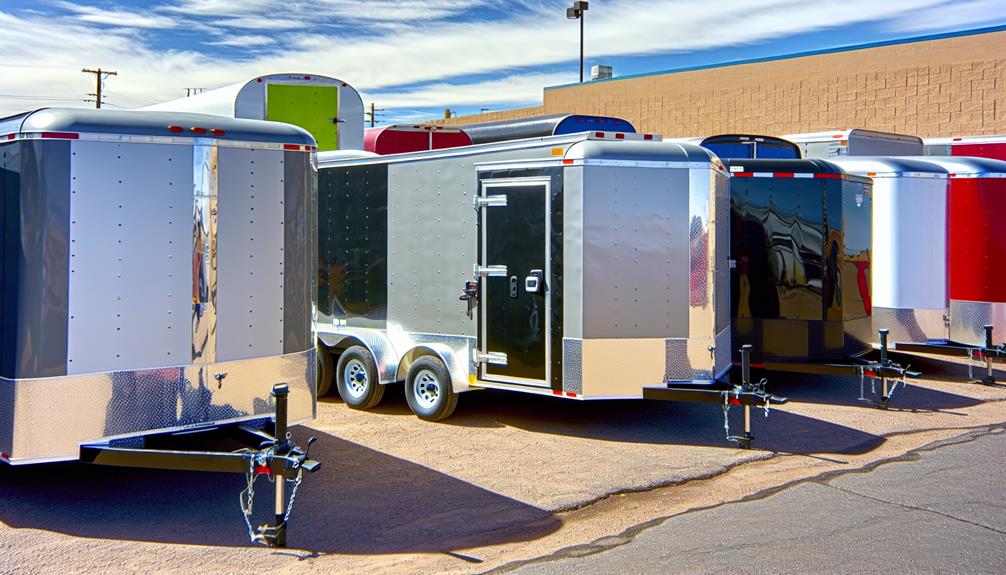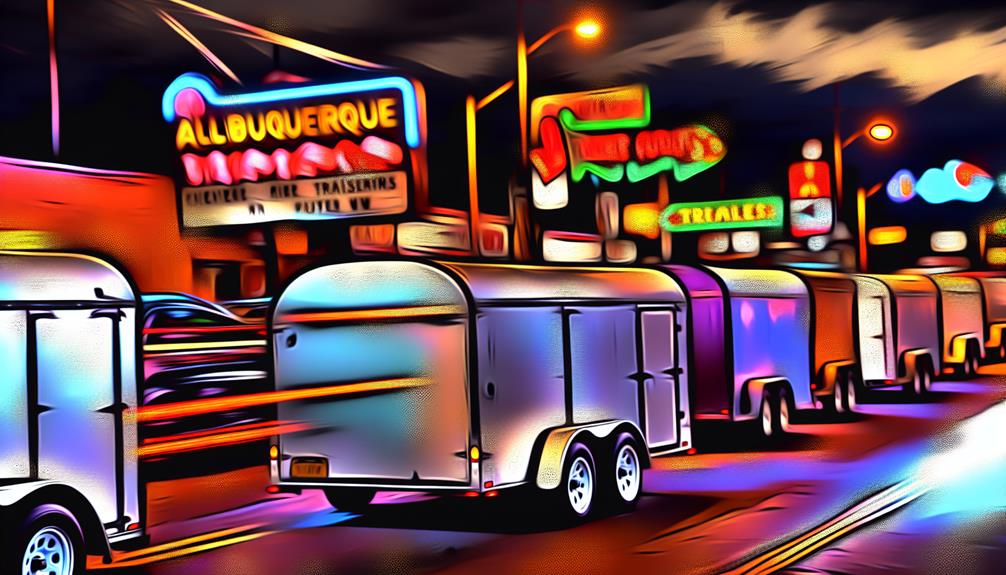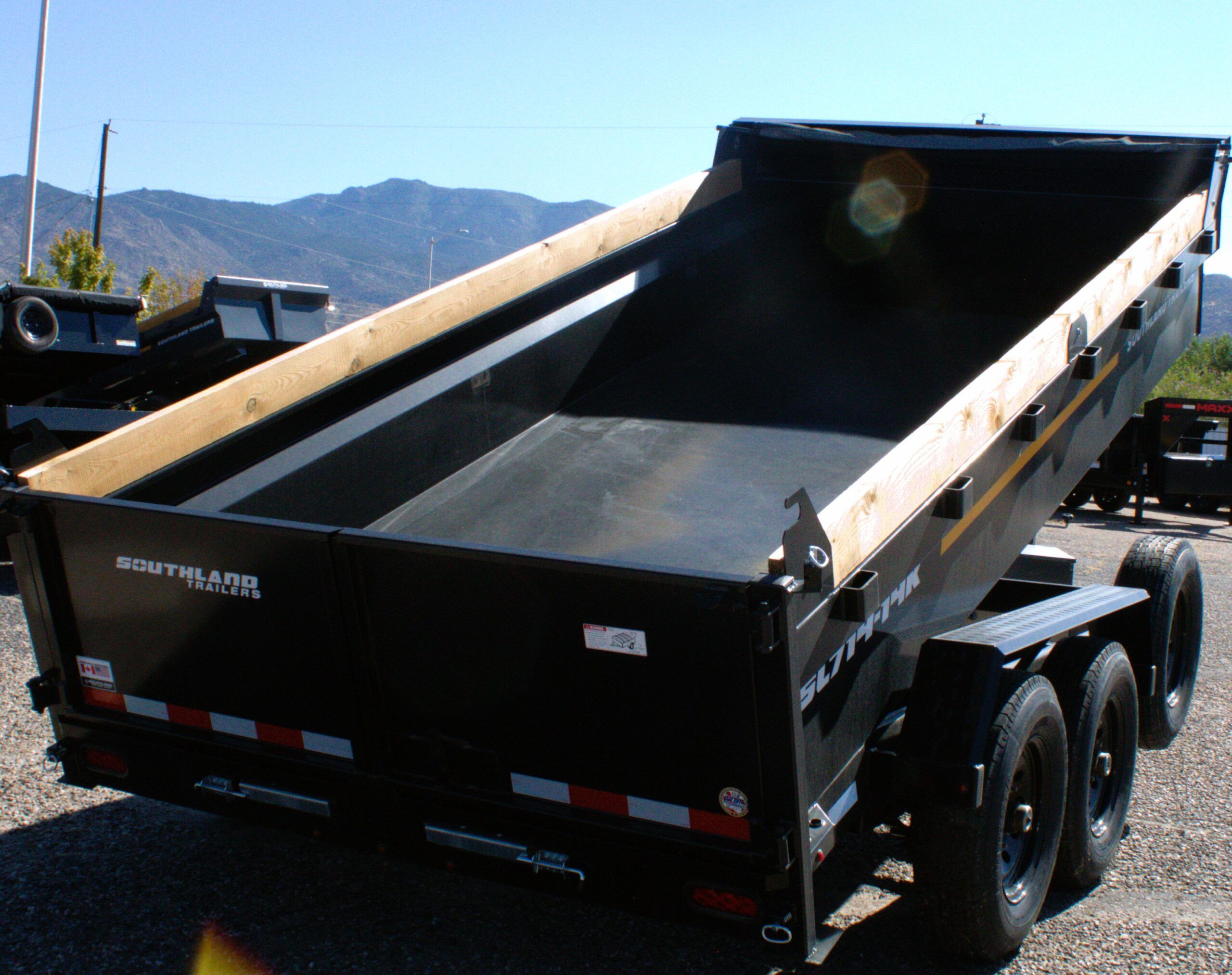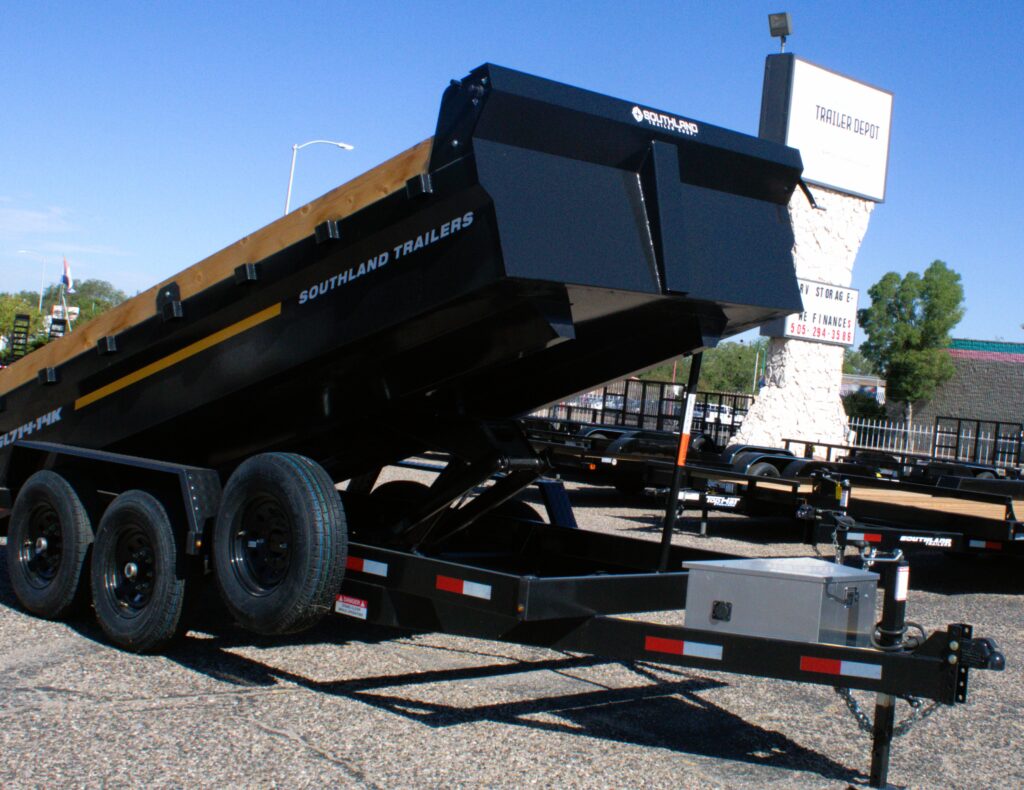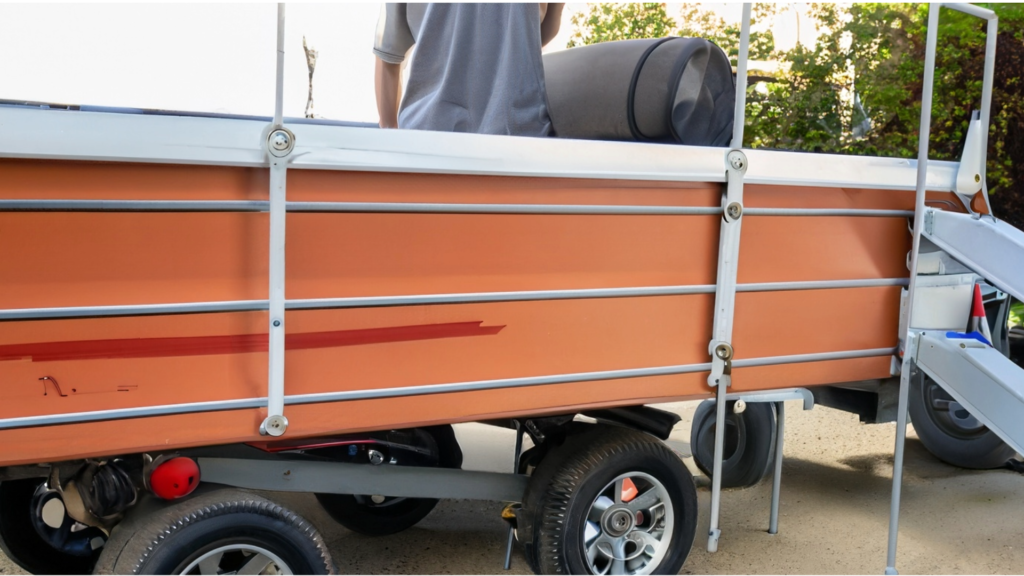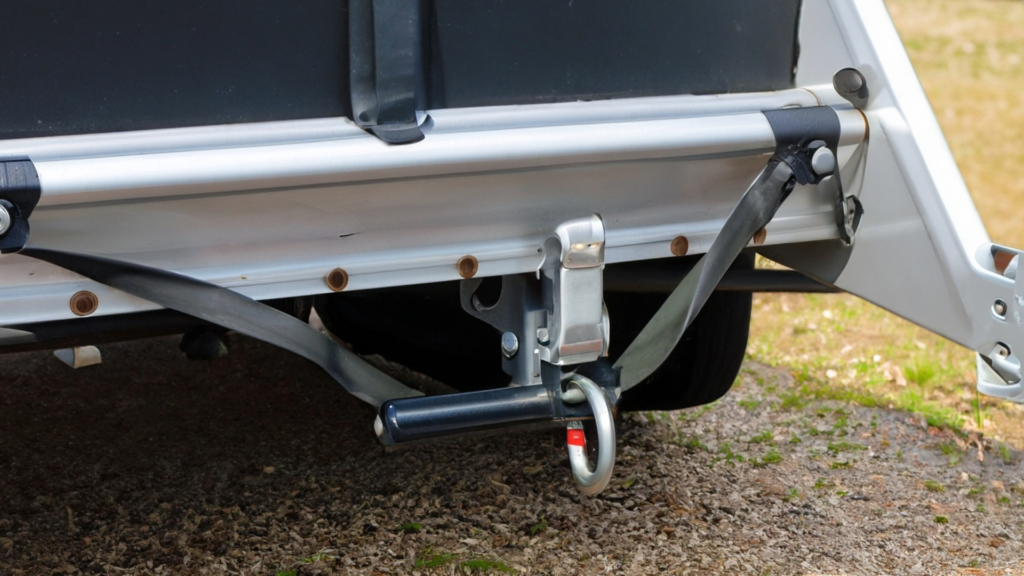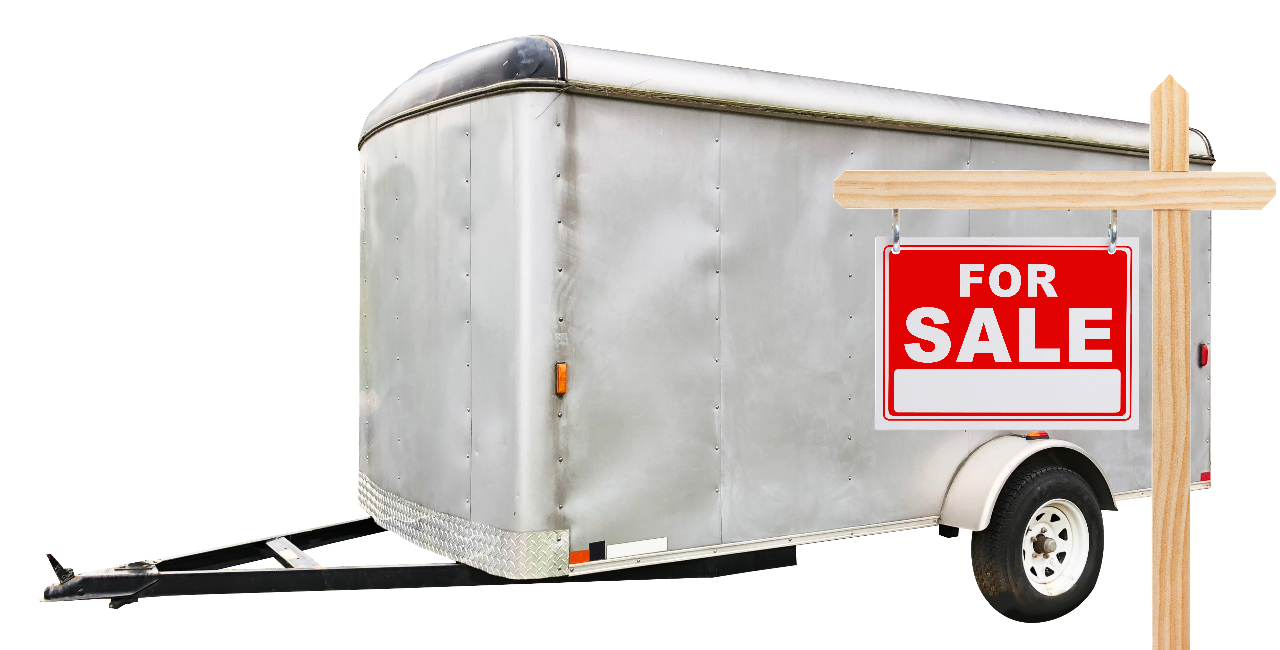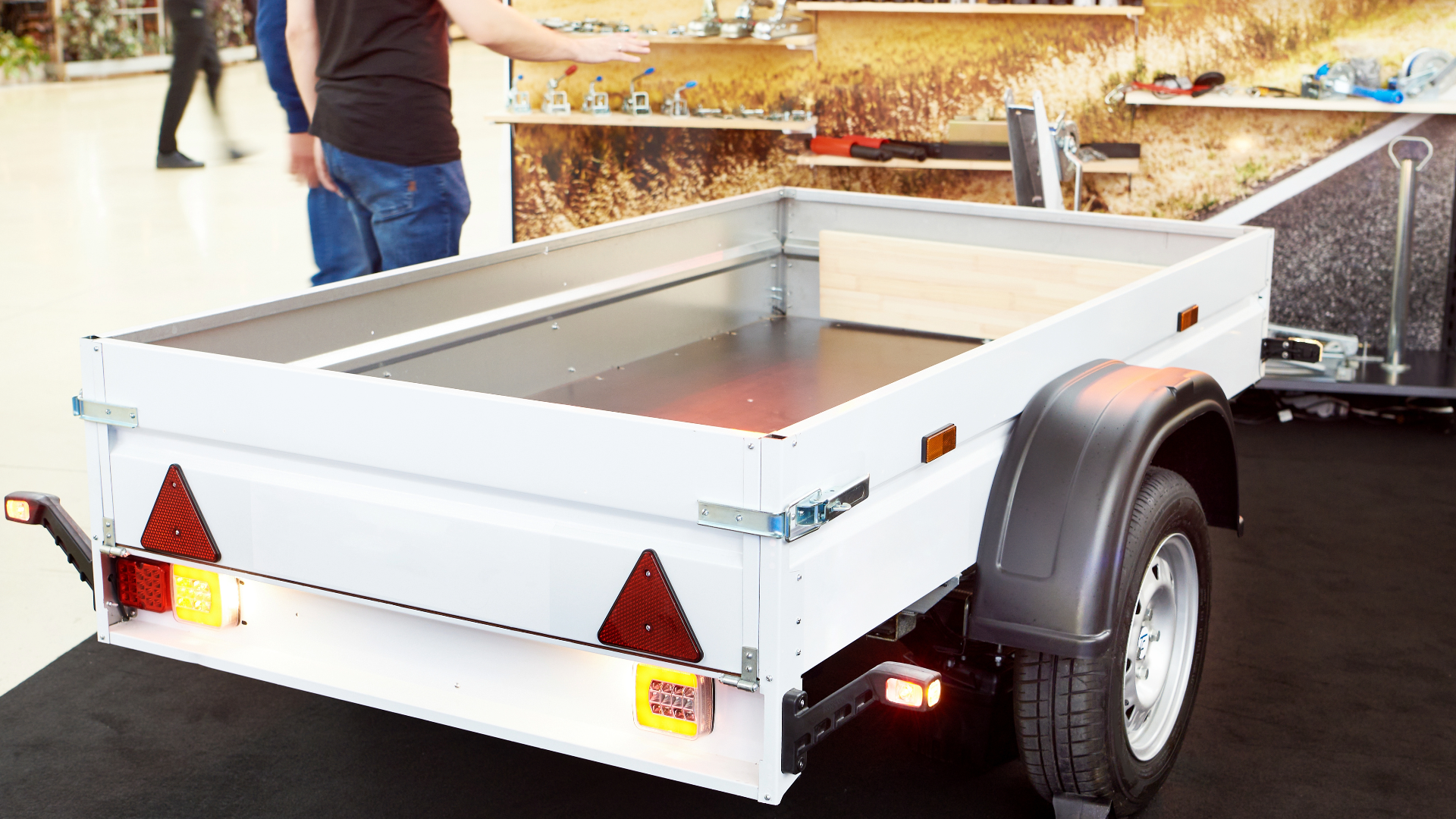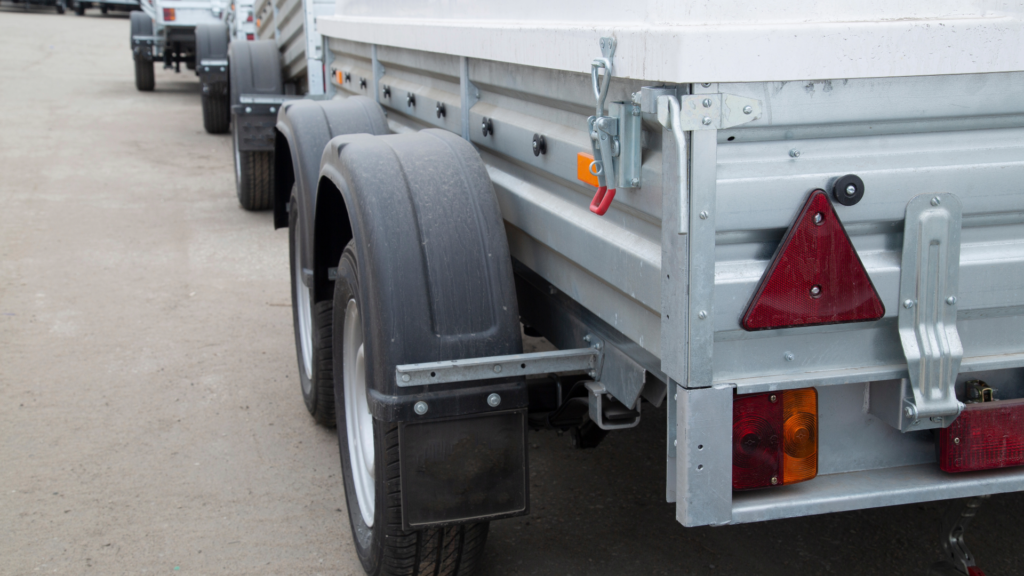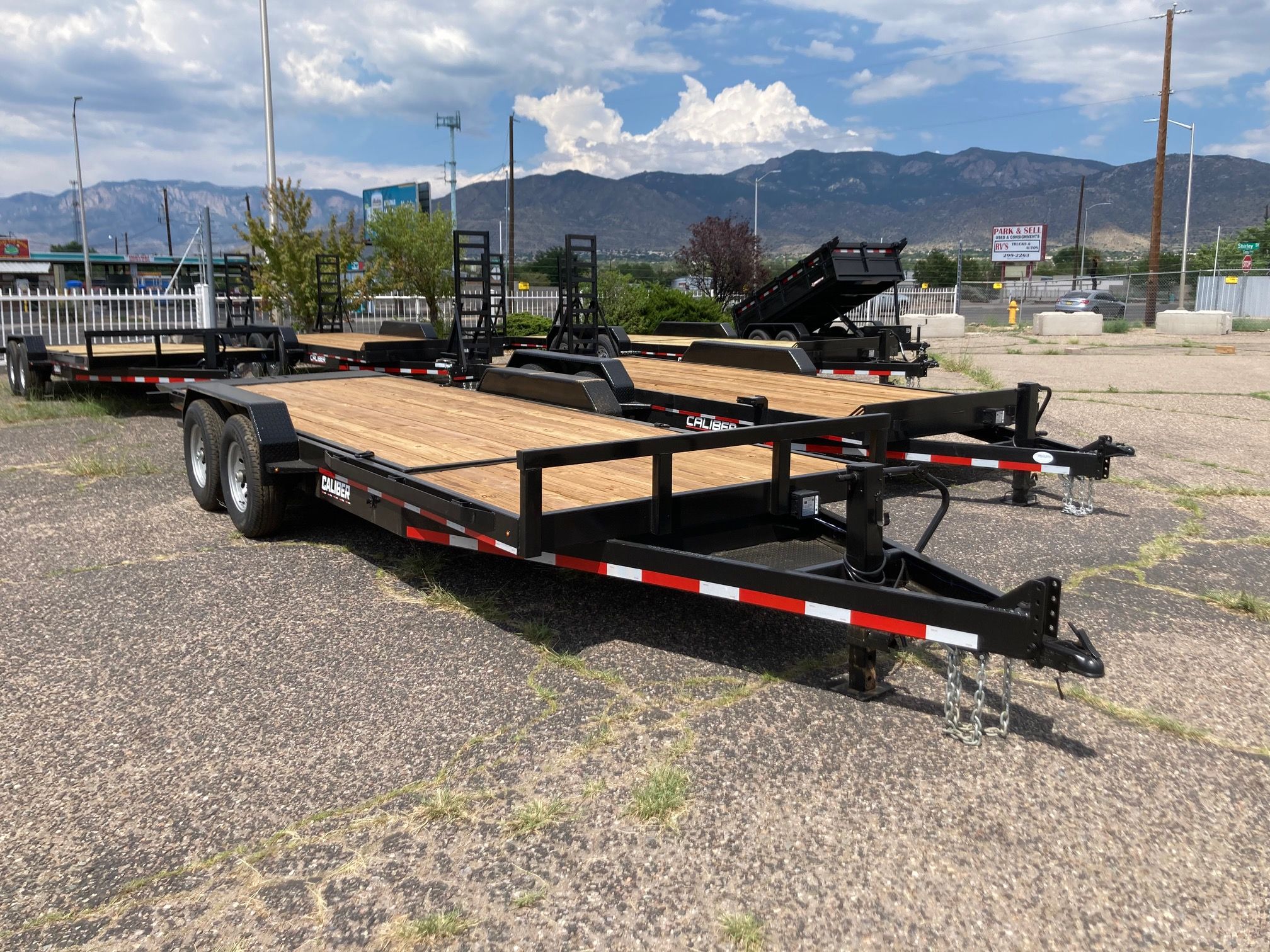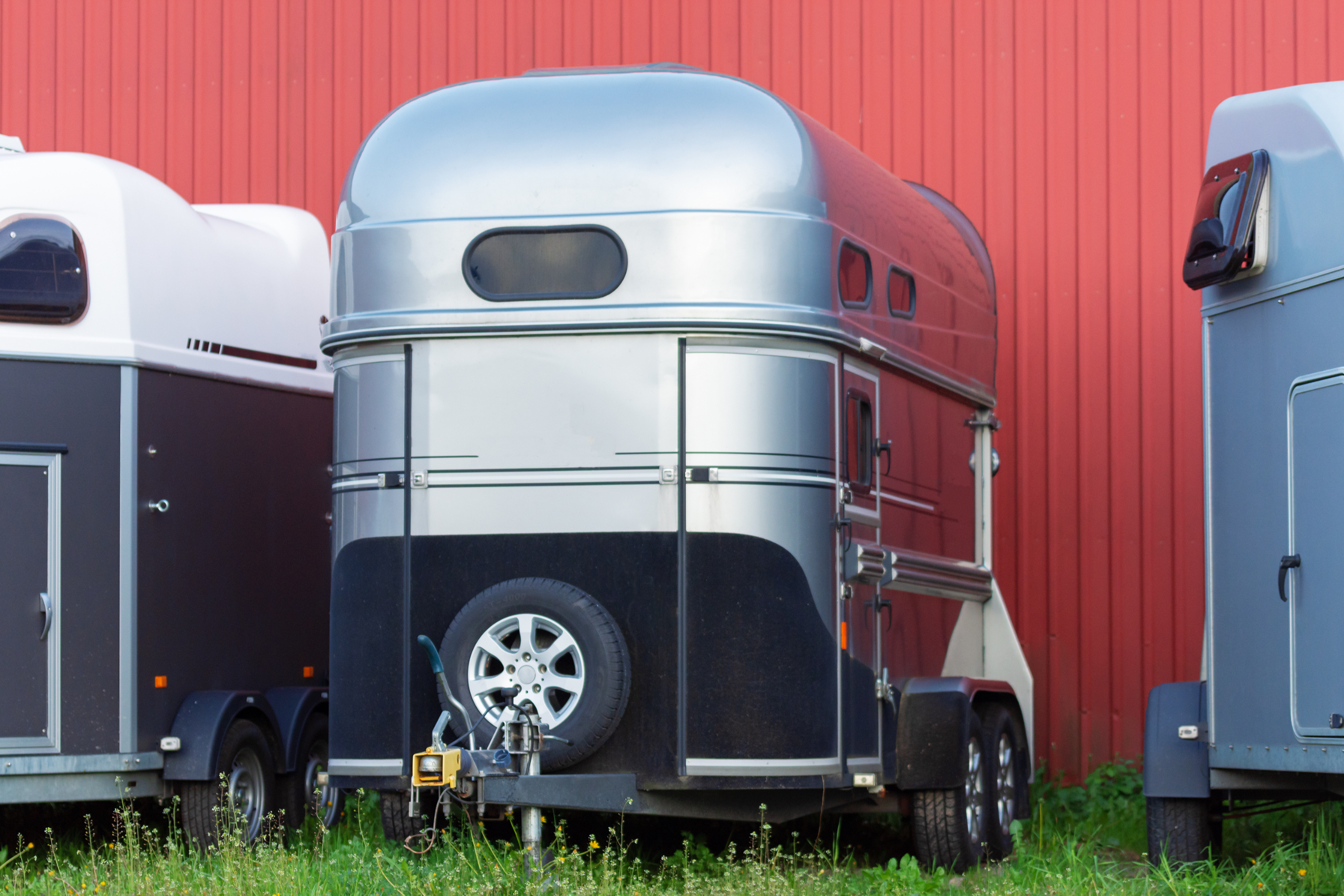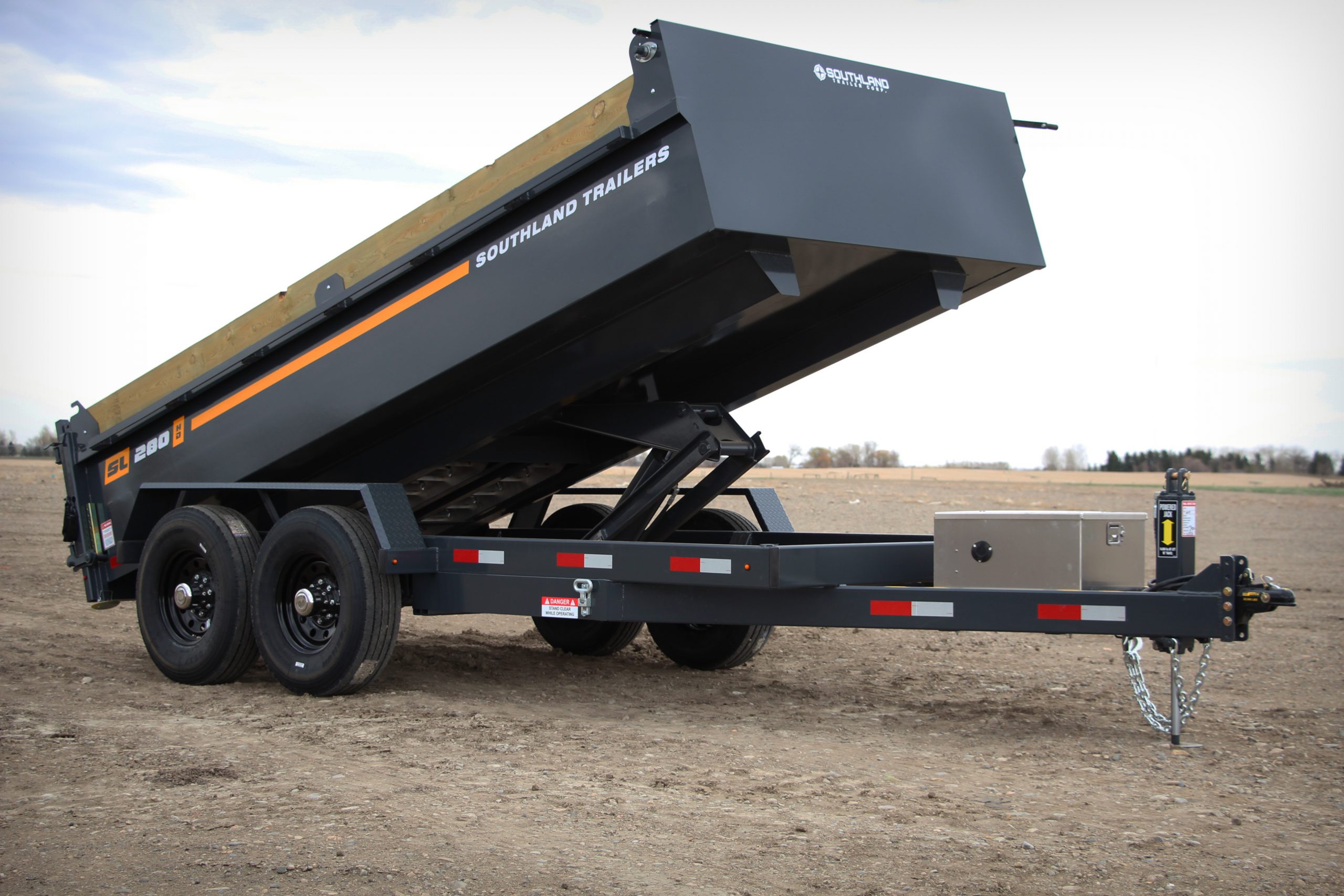Enclosed Cargo Trailers In Los Lunas New Mexico
So you’re in Los Lunas, New Mexico, and you’re on the hunt for an enclosed cargo trailer. Well, let me tell you, it’s like searching for a needle in a haystack, but fear not, because I’ve got some great information to help you out. Whether you’re a business owner looking to transport your goods or an adventurer looking to haul your gear, enclosed cargo trailers are a convenient and reliable option. But with so many options out there, where do you even begin? Well, stick with me because I’ve got all the details on the types of trailers available, factors to consider when choosing one, the top brands in Los Lunas, customization options, and where you can find these trailers.
Types of Enclosed Cargo Trailers
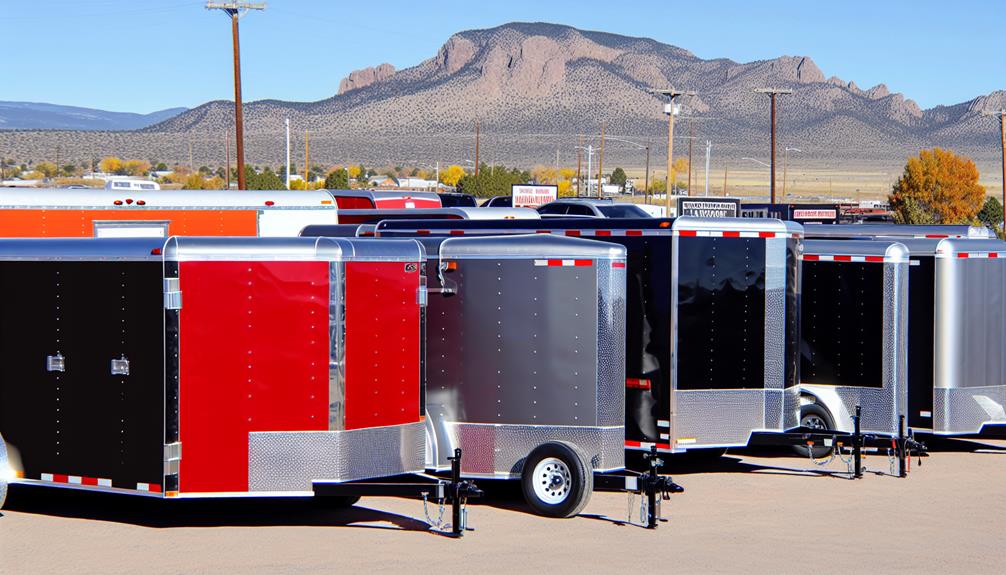
When it comes to enclosed cargo trailers, there are various types available to suit different needs and purposes. Whether you’re looking for a camping trailer to hit the great outdoors, a utility trailer to transport your tools and equipment, a travel trailer for those road trips, a horse trailer to transport your four-legged friends, or even a food truck trailer to start your own business, there’s something for everyone. And the best part? You can find used trailers for sale that fit your budget.
Prices for enclosed cargo trailers can range from as low as $1,000 for homemade old school trailers to around $9,265 for the latest food truck trailers. So, no matter what your budget is, you can find a trailer that meets your needs. And the availability of these trailers is great, with options in locations like Los Lunas and Albuquerque, New Mexico. This means that if you’re in the area, you have convenient access to a wide range of trailers.
Now, let’s talk about the features. Enclosed cargo trailers can come in different designs, such as an enclosed trailer from 2005, a car hauler from 2003, or a gooseneck stock trailer from 1995. These trailers offer versatility, allowing you to choose the one that suits your preferences.
Factors to Consider When Choosing a Trailer
To choose the right trailer for your needs, consider factors like the type of trailer you require, your budget, and the specific features that will meet your requirements. Here are some things to think about when making your decision:
- Type of trailer: Think about what you’ll be using the trailer for. Are you planning on going camping? Do you need a utility trailer for hauling equipment or supplies? Maybe you’re in the market for a travel trailer or even a horse trailer. Knowing the purpose of your trailer will help you narrow down your options.
- Budget: Determine how much you’re willing to spend on a trailer. Trailers for sale near Los Lunas, New Mexico, come in a range of prices. You can find affordable options starting from $1,000 for homemade old school trailers, or you can invest in a higher-end option like a 2023 food truck trailer priced at $9,265. Knowing your budget will help you set realistic expectations.
- Specific features: Consider the specific features and specifications that are important to you. Do you need an enclosed trailer to protect your belongings from the elements? Are you looking for a car hauler or a gooseneck stock trailer? Take into account the year, size, and other details that will meet your needs.
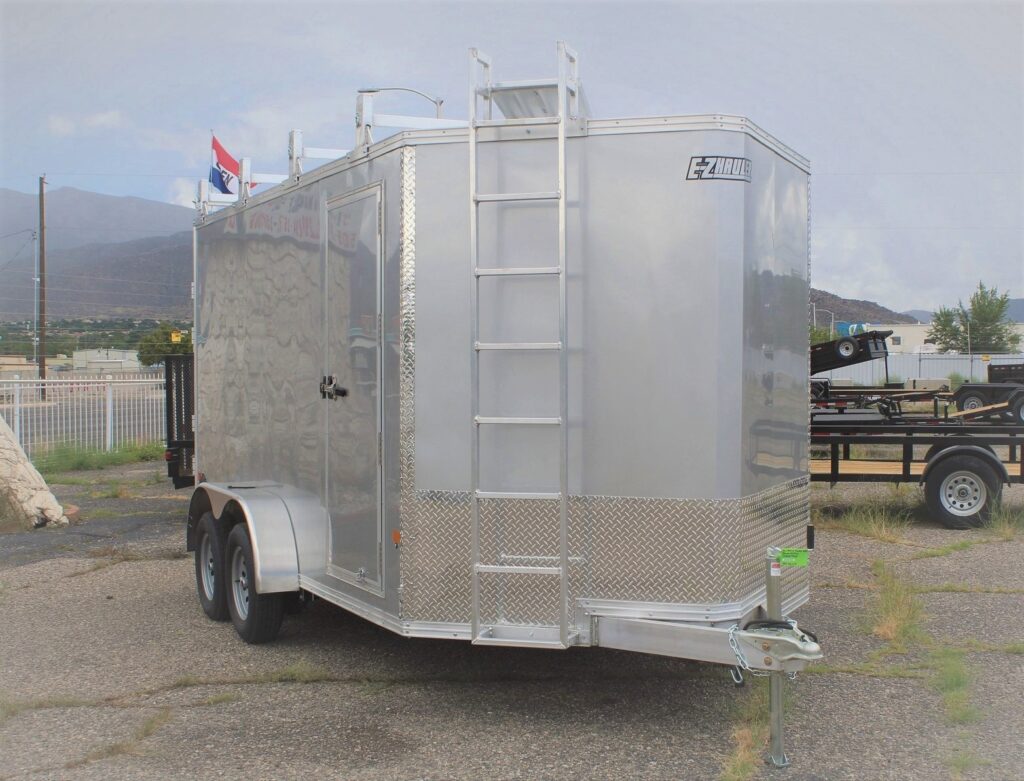
Customization Options for Enclosed Cargo Trailers
Now let’s talk about how you can customize your enclosed cargo trailer to suit your specific needs and preferences. When it comes to customization options for enclosed cargo trailers, the possibilities are endless. Here are three ways you can personalize your trailer:
- Interior Upgrades: Make the most of your cargo space by adding extra shelving and storage solutions. Whether you need to organize tools, equipment, or merchandise, customized interior features can help you stay organized and maximize efficiency.
- Exterior Personalization: Stand out from the crowd by opting for custom exterior paint jobs and decals. This not only adds a personal touch but also helps in branding your business. You can choose colors, logos, and designs that reflect your style and make a statement wherever you go.
- Lighting and Flooring: Enhance functionality and safety with additional lighting options. Interior LED lights can brighten up the space, making it easier to work inside the trailer. Exterior floodlights can provide visibility during nighttime loading and unloading. Additionally, you can choose from various flooring options, such as non-slip or easy-to-clean surfaces, to suit your cargo type and personal preferences.
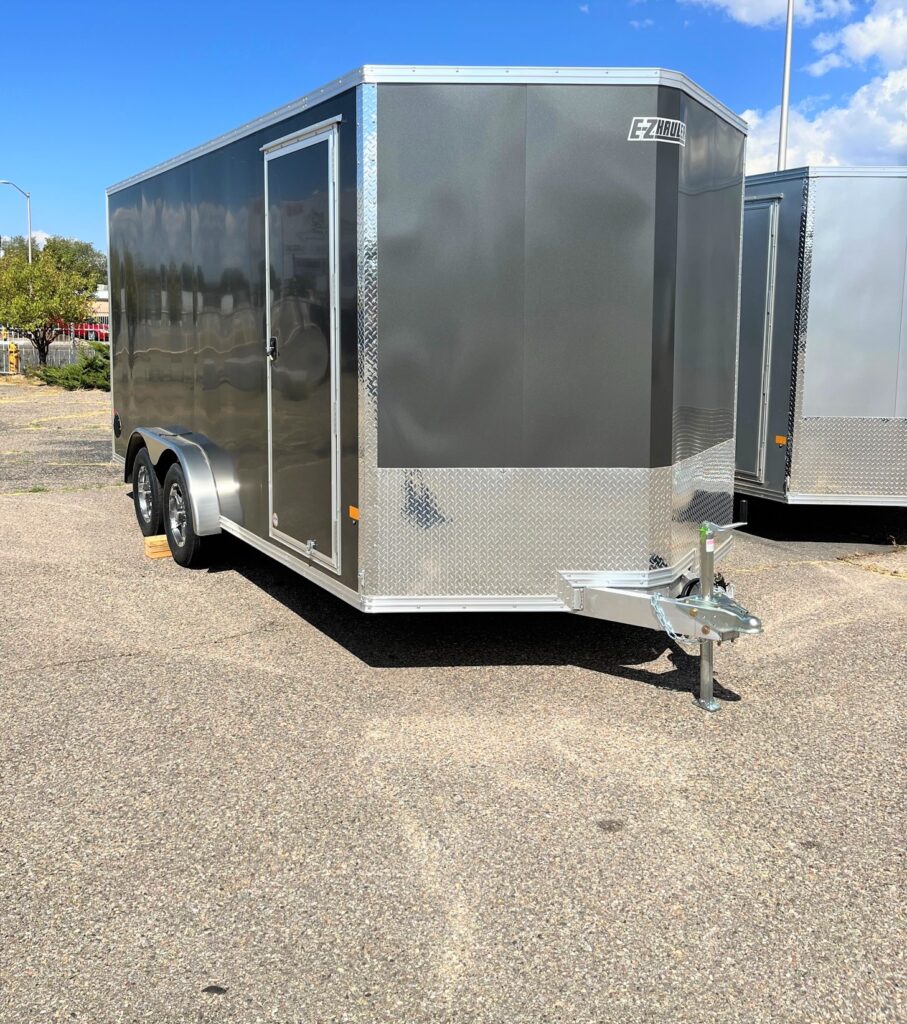
Frequently Asked Questions
Are Enclosed Cargo Trailers Suitable for Long-Distance Travel?
Yes, enclosed cargo trailers are great for long-distance travel. They provide secure storage for your valuable items and protect them from the weather. Plus, they offer customization options to meet your specific needs.
Can Enclosed Cargo Trailers Be Used for Transporting Livestock or Animals?
Yes, enclosed cargo trailers can be used for transporting livestock or animals. With proper customization and safety measures, they provide a secure and convenient option for transporting your animals.
Are There Any Restrictions or Regulations for Towing Enclosed Cargo Trailers in Los Lunas, New Mexico?
There are certain restrictions and regulations you need to know about when towing enclosed cargo trailers in Los Lunas, New Mexico. Make sure you’re aware of the towing capacity and any special permits or licenses required.
What Are the Maintenance Requirements for Enclosed Cargo Trailers?
To keep your enclosed cargo trailer in top shape, make sure you regularly check the tires, brakes, lights, and electrical system. Keep it clean and protected from rust, and service the suspension for smooth towing.
Can Enclosed Cargo Trailers Be Rented or Leased Instead of Purchased?
Yes, you can rent or lease enclosed cargo trailers instead of buying them. Renting options give you flexibility and cost-effective usage without the commitment of ownership. It’s a convenient solution for your hauling needs.
Conclusion
So, if you’re in the market for an enclosed cargo trailer in Los Lunas, New Mexico, you’re in luck! With New Mexico Trailer Depot offering over so many trailers to choose from you’ll find the perfect fit for your needs. Don’t wait, get your dream cargo trailer today!

